This site is a database study that set out to be the memory of deaths in custody, detainee, sick and exile, deaths and abductions in Aegean and Maritza as victims of Tenkil.

- Death Date 30/07/2020
- Place of Death Adana
- Cause of Death Bile duct and pancreatic cancer
- Date of Burial 03.08.2020, Adana
- Date of Detention 28.09.2016
- Place of Detention Adana
- Date of Detention 30.09.2016
- Court-Judge who arrested Gaziantep High Criminal Court
Biography
Professor Haluk Savas symbolises the post-coup era while both alive and dead. The truth is that cancer did not kill him. The injustice and purge did.
“I’ll not be drowned in Meric (Evrosa/Meritsa), I will die while screaming out (the justice) in my country, and everyone will know who persecuted (me).” (Professor Haluk Savas)
When he scrambled to spur the authorities into action to lift a travel ban imposed against him, Professor Haluk Savas, a psychiatrist who was summarily discharged from duty in the blanket post-coup purge in Turkey in 2016, uttered the words above. It was last year, and he was fighting lethal cancer. Yet, the medical treatment he desperately needed was provided only in a handful of countries such as Japan, the U.S. and Cuba.
But the professor ran headlong into a set of obstacles generated by a callous political climate where the most vulnerable was susceptible to the most heart-rending treatment by authorities.
“My expected life left is 39 months, 30 of which already passed. So it seems that I’ll spend the remaining nine months communicating with various departments of the state,” he lamented on Twitter last year.
Instead of an obedient submission, he chose to combat cancer as well as injustice with only tools available to him: civil disobedience, social media and personal resistance in a peaceful way. As his attempt hit a snag, he launched a campaign on social media and managed to sway the unmoving authorities.
The courageous fight against injustice and all forms of persecution until his last breath became the defining mark of the professor, cementing his vanguard role for a generation of public servants who the government sacked without any semblance of due process.
The Meric annotation refers to the tragic death of people who lost their lives during a risky endeavour over the river that demarcates the porous land border between Turkey and Greece to reach the Greek land.
“I’ve nine months left,” Savas once conceded. A little more than nine months, the professor passed away on Tuesday, the last day of June in 2020. And as he promised, he laid out a memorable resistance against an oppressive regime currently governing Turkey until his final moments in the world.
His wife, also a doctor, announced the tragic news on Twitter.
This was the altruistic character of the man described by his wife, who depicted an excellent human being with an angel heart who always lived with a mindset to help others at every possible moment.
Haluk Savas: Fighting For Justice
The professor won his long-lasting battle in court and was acquitted of all the charges last year. But a commission set up by the government to deal with the complaints of (nearly 150,000) sacked public workers did not restore him to his post at a prestigious university hospital in the southern province of Gaziantep. The Commission, Savas contended, was designed to dodge reviewing and proper handling of the reams of files submitted by the dismissed servants. He even clamoured for the complete shutdown of the seven-men Commission, which did little good for the majority of the applicants. Still, He served as window-dressing to deflect international criticism. It also functioned to hamper efforts of Turkish citizens applying to the Strasburg-based European Court of Human Rights from within. Appalled by the torrent of so many Turkey-originated applications, the European court first forwarded the Turkish citizens to exhaust the Commission’s channel infamously dubbed as “OHAL Commission.”
The professor was briefly detained in prison after the 2016 coup over politically-motivated charges of ‘terrorism and coup involvement,’ the same set of accusations that landed more than 50,000 people behind prison bars and briefly kept half a million in policy custody for varying amounts of time. There, in the filthy and cramped conditions of the jail, he was diagnosed with cancer, which eventually overwhelmed his frail body today.
The professor died, but his name, reputation and rebel spirit remain alive. He has left a living legacy of resistance and struggle; he presented a portrait of a benevolent doctor who, even while battling cancer, still gave online sessions to console and treat people with mental problems. In prison, too, he voluntarily treated other inmates who suffered psychological and physical torture and were on the verge of total mental breakdown.
Besides being a brilliant doctor, a soulmate and a mentor for countless people, Haluk Savas was also dedicated activist fighting for the rights of the persecuted on the front lines. Frustrated by the media blackout for the plight of the KHK community (KHK refers to the public workers who have been sacked in the post-coup purge), the professor took the lead of forming a Youtube Channel, KHK TV, to cover the tragedies of purge victims and to restore their rights back. As long as his health allowed, he served as editor-in-chief of the social media platform whose Youtube channel was banned by a Turkish court given its increasing appeal and widening reach to a growing audience.
Last year, I asked whether it was more challenging to combat Azrael (angel of death) or the Turkish bureaucracy. Overcoming the latter seemed more challenging, but in the end, Savas lost the battle to both.
When the symbol of the KHK people dramatically came to the end of his journey, there was a shared sense of grief, lamentation and a common vow to make his legacy alive and honour his name by fighting for the rights of the wrongfully persecuted.
“We are all Haluk Savas” was a trending topic in Turkey soon after his death. It is a tribute to someone whose life story presents a microcosm to everything that defines a purge victim’s life, to all the things that characterise the suffering of an entire community of people and their tenacious fight for justice. It is a testament to the underlying respect for his personality and living legacy.
Rest in Peace, Professor…
Source:
https://abyasun.medium.com/turkey-purge-victims-mourn-death-of-haluk-savas-3b0799e08cbe
https://www.sozcu.com.tr/2020/gundem/prof-dr-haluk-savas-kimdir-iste-prof-dr-haluk-savasin-biyografisi-5903556/#:~:text=Haluk%20Sava%C5%9F%2C%201966%20Adana%20do%C4%9Fumludur,Sa%C4%9Fl%C4%B1%C4%9F%C4%B1%20ve%20Hastal%C4%B1klar%C4%B1%20uzman%C4%B1%20old
https://www.gazeteduvar.com.tr/gundem/2020/06/30/prof-dr-haluk-savas-vefat-etti
https://kronos34.news/tr/haluk-savas-yasarsam-beni-terorist-ilan-edenlerin-pesini-birakmayacagim/
https://boldmedya.com/2020/09/15/haluk-savasin-pasaportu-ve-ozel-esyalari-tenkil-muzesine-bagislandi/https://boldmedya.com/2020/07/08/haluk-savasin-esi-bolda-konustu-khklilar-icin-hasta-bedenini-suruyerek-savasti/
WHO WAS Mr SAVAS?
Professor Haluk Savas was born in Adana in 1966. After completing his secondary education in Adana Anatolian High School in 1984 and graduating from Marmara University Faculty of Medicine (English Education) in 1991, Savas became a Psychiatry/Mental Health and Diseases specialist at Bakirkoy Psychiatric Hospital in1997.
In 1999, he received his master’s degree in the field of Sociology-Anthropology from Marmara University Middle East Institute with his thesis on “The Relationship between Culture and Psychiatry”.
WORK LIFE
1991-1992 – He did his compulsory service in Kahramanmaras Pazarcik district.
1992-2000 – He worked at Bakirkoy Psychiatric and Neurological Diseases Hospital.
He worked as a faculty member at Gaziantep University Faculty of Medicine between 2000-2016.
1992-1997 – Research assistant at Bakirkoy Psychiatric and Neurological Diseases Hospital,
1997-2000, A specialist doctor at Bakirkoy Psychiatric and Neurological Diseases Hospital
2003-2008 – Associate Professor at Gaziantep University
2008-2016 – Professor Doctor at Gaziantep University
Between 2011-2018, he operated a private practice in Gaziantep.
He moved to Adana as of October 2018 and started to operate his practice in Adana.
MANAGERIAL DUTIES
2004-2005 – Hospital Deputy Chief Physician,
2004-2007 – Gaziantep University Medical Faculty Hospital
2005-2008 – Gaziantep University Faculty of Medicine Ethics Committee Member
2005-2008 – He served as a member of Gaziantep University Faculty of Medicine Board
2005-2011 – He served as a member of Gaziantep University Faculty of Medicine Board of Directors
2005-2011- Head of Department Gaziantep University Faculty of Medicine, Department of Mental Health and Diseases
2000-2015 – Department of Mental Health and Diseases, Head of Mood Disorders Unit
2000-2015 Department of Mental Health and Diseases, Manager of Mood Disorders Unit
2010- 2015 Department of Mental Health and Diseases, Manager of Mental Health Support and Protection Unit
2004-2007 – Turkish Psychiatric Association Gaziantep Branch Founding President
Psychopharmacology Association Board Member
Addiction Association Board Member
International Representative of the Psychopharmacology Association
Psychopharmacology Society Mood Disorders Study Unit Coordinator
Editor-in-Chief of the Journal of Mood Disorders
Manager of the Psychopharmacology e-group with more than 150 members
2005- Member of the Editorial Board of the World Journal of Psychiatry
One of the managers of the Psychiatry profession e-group, which has more than 4000 members
Multi-time Organizing Committee Member at the International Congress of Psychopharmacology
Head of Gaziantep Branch of the Turkish Psychiatric Association 2016-2018
PUBLICATIONS AND PRESENTATIONS
• He was the Turkish psychiatrist with the most publications (around 160) with 80 international and 80 national academic articles.
• He was the 3rd Turkish psychiatrist with the highest impact factor (cited publications; 4300).
• He was the author of 7 published booklets on patient education.
• He was the author of 4 booklets prepared for his colleagues.
• He was the author of chapters in many scientific books.
• He acted as a referee in approximately 30 foreign, 20 domestic and approximately 50 journals in total.
• There was a book that he edited for translation, titled “The Interpersonal and Social Rhythm Therapy Guide for Treating Bipolar Disorder”.
• He made more than 100 academic presentations at national and international meetings.
• He regularly gives serial vocational training courses in all geographical regions in the country and has been a speaker at national and international congresses.
Photos
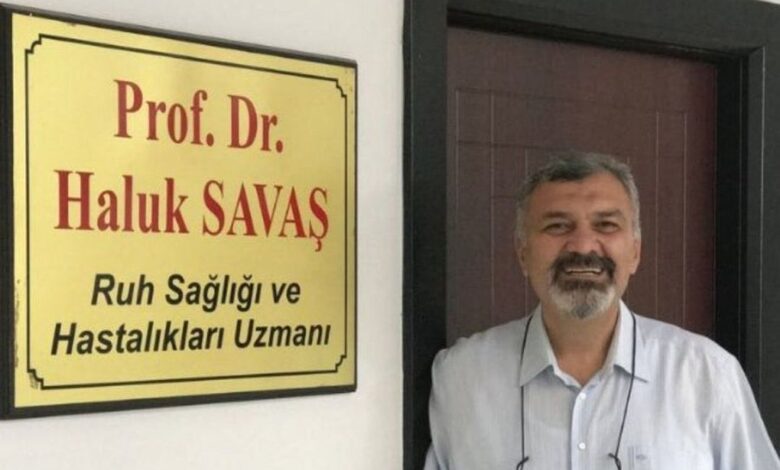

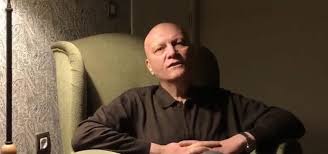
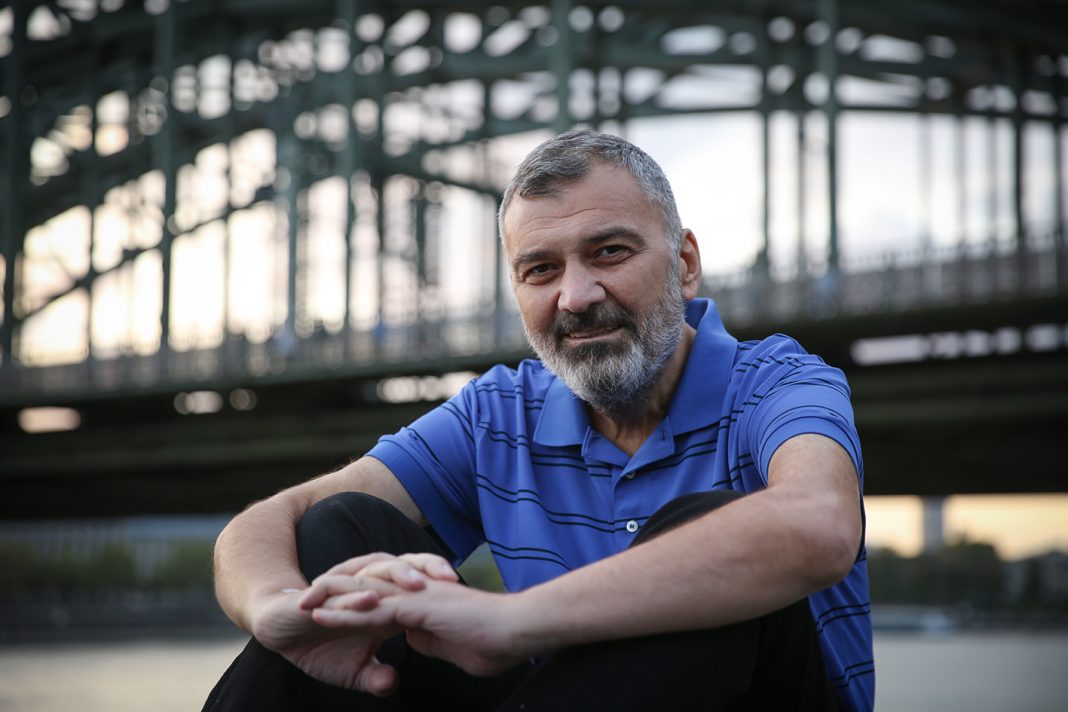
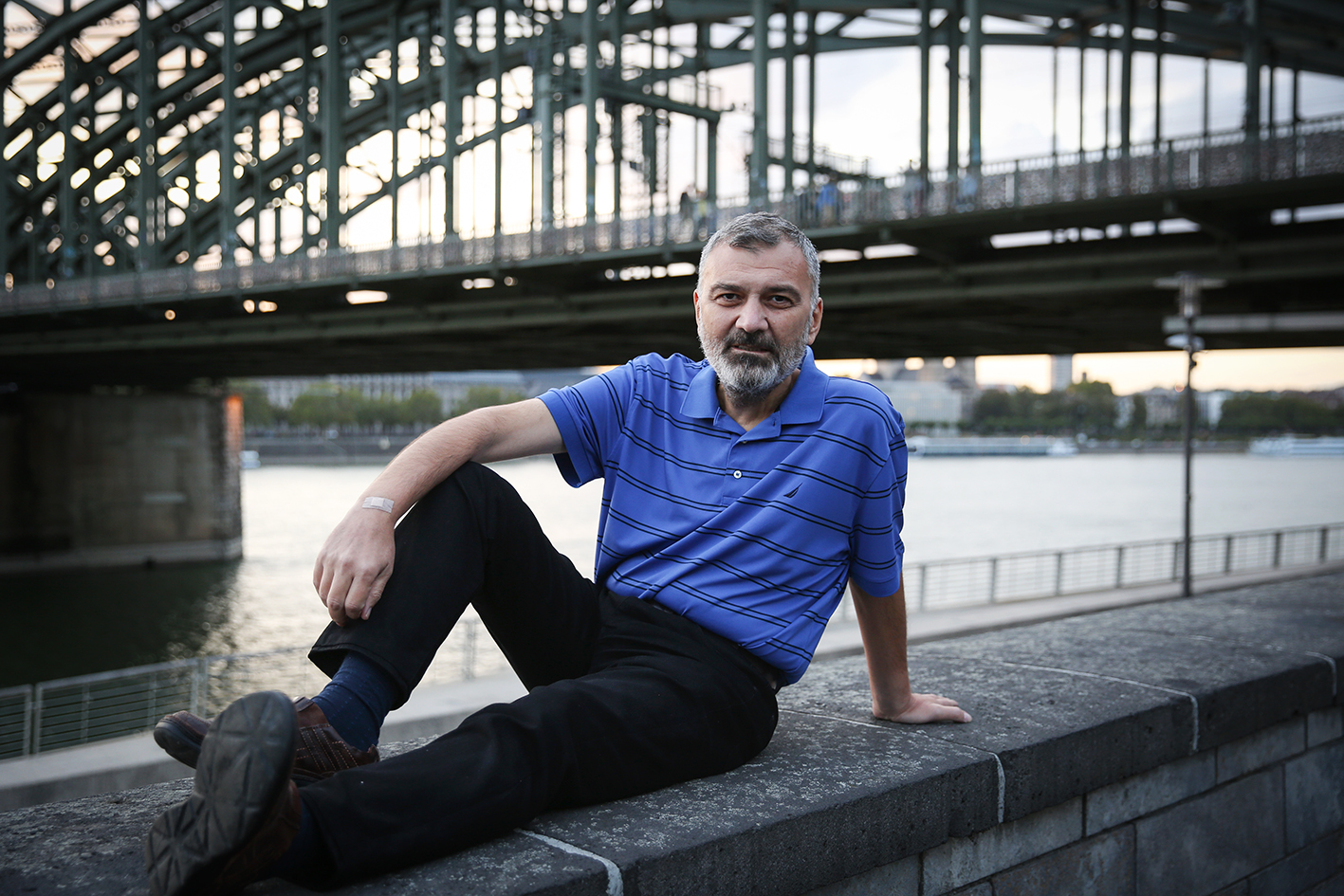
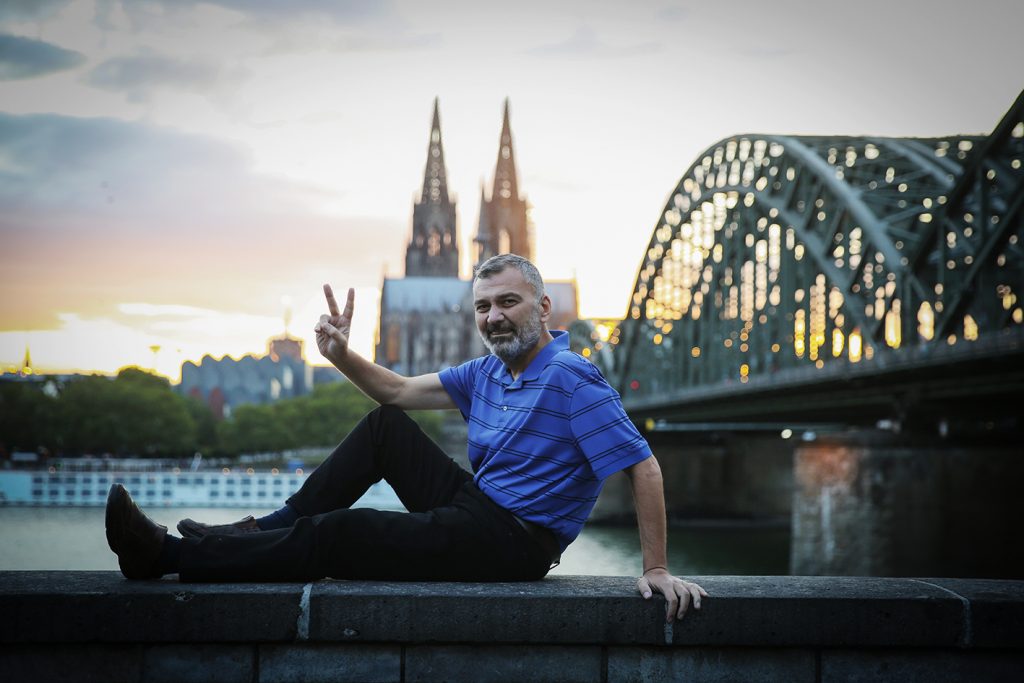
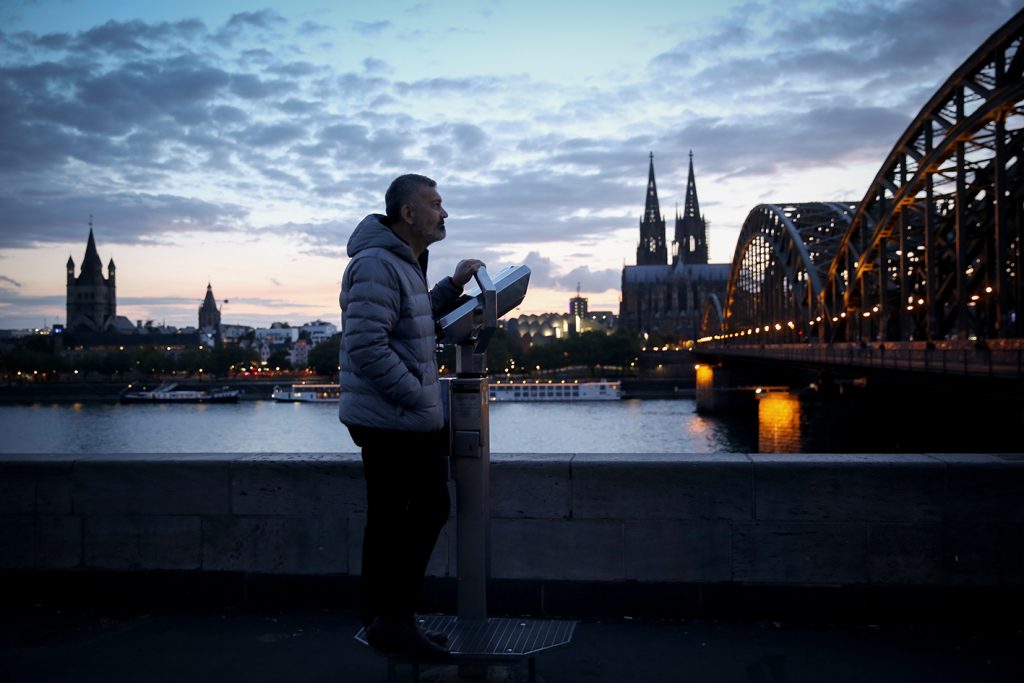
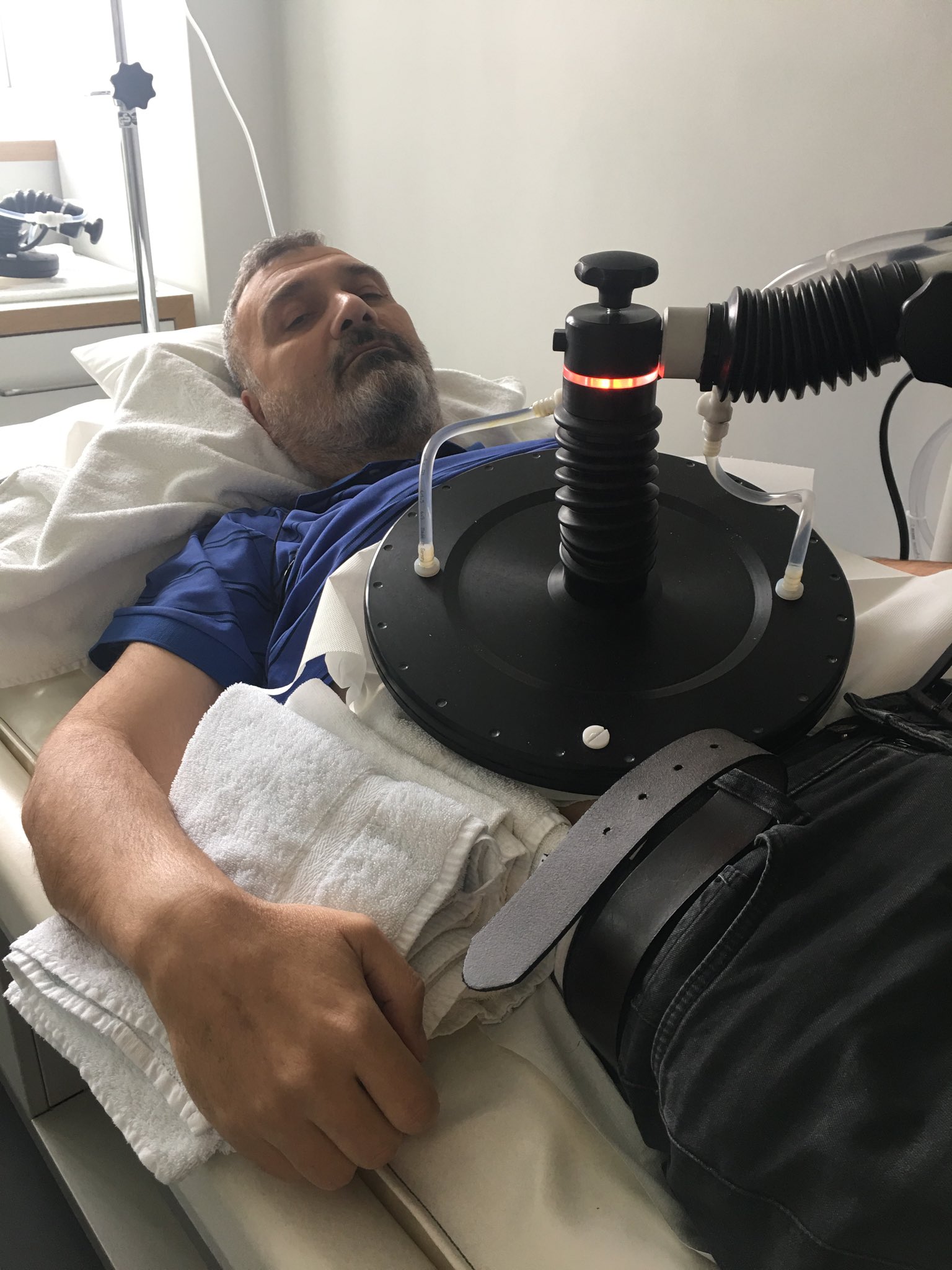
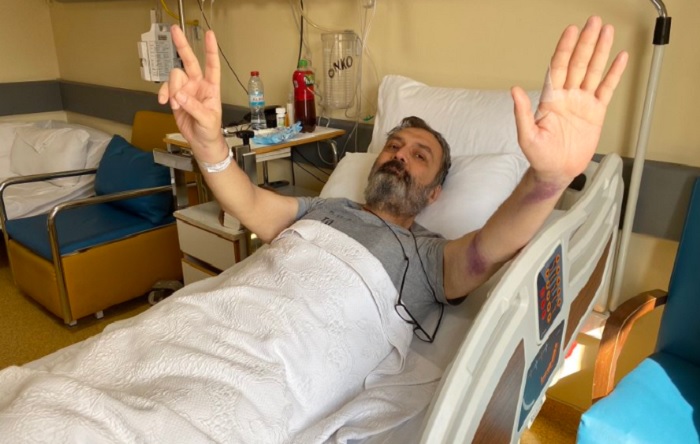


Lizenz: Die visuellen und textlichen Inhalte dieser Website stehen unter der Creative Commons Namensnennung – Weitergabe unter gleichen Bedingungen 4.0 International (CC BY-SA 4.0). https://creativecommons.org/licenses/by-sa/4.0/
